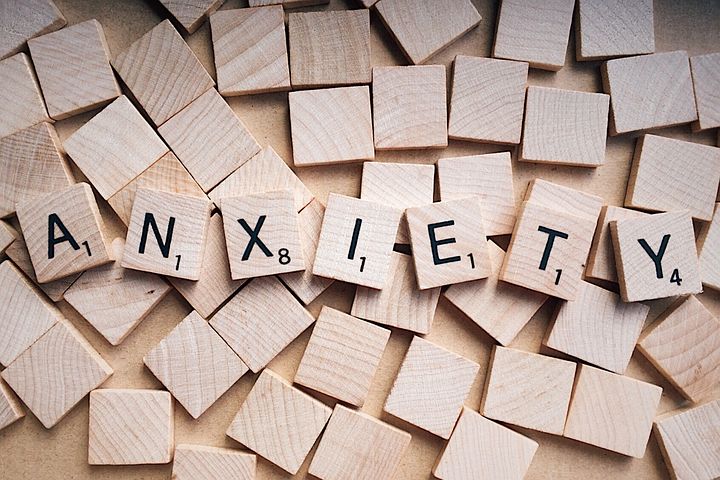Calm the Mind with Acupuncture
/In a time where our mind and bodies are forced to constantly be on and connected, it’s becoming more and more difficult to just relax. With longer workdays, social pressures and increased connectivity (whether you’re working from your bedroom, office or couch), it’s nearly impossible to unplug. This can be especially harmful for those that suffer from anxiety.
Luckily, anxiety is treatable.
You might have heard that talk therapy, physical activity, and medication are all viable options for anxiety relief, and that’s true for many. Yet often forgotten about is the holistic, natural and ancient approach of combating chronic worry and tension with the art of acupuncture.
If you’re having trouble relaxing or sleeping, are consumed with negative thoughts or are tired of feeling jittery all the time, we can help.
But how, exactly?
Perhaps this article from Everyday Health puts it best when it states, “Depending on where the needles go, acupuncture can cause the nervous system to produce painkilling chemicals, jump-start the body’s natural ability to heal itself, or stimulate the part of the brain that controls emotions, including anxiety.”
In a personal testimonial found over on You Beauty, writer Avital Norman Nathman shared, “After a month of regular treatments, I couldn’t help but notice a difference. I would always have the best sleep of the week the night after my acupuncture appointment. And I would also feel lighter. My chest wouldn’t be clenched as tightly and the raw current of anxiety that seems to continuously float just beneath the surface of my skin was dissipate for a while, allowing me to experience a semblance of normalcy, if only for a little while. And I’m not the only one finding relief for anxiety with acupuncture.”
The actual acupuncture session itself can be quite calming, too – especially at NJ Acupuncture Center. At our facility, we provide comfortable and heated beds, soothing music, essential oils for aromatherapy, and infrared heat to help calm the nervous system and encourage pure rest.
Our massage options are also a great opportunity to soothe and muscular tension resulting from anxiety.
If you find that fear, worry or anxiety has an unwanted presence in your life, it’s time to calm the mind and consider adding acupuncture into your wellness and self-care routines. We’d be honored to play a role in the healing process.




